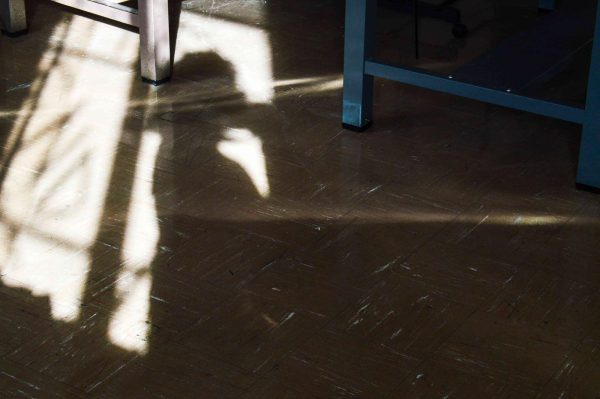Flu cases expected to spike this season
Researchers and scientists predict a spike of influenza cases this season.
The 2016 flu season, which typically ranges from October to May, is more than halfway over, and the peak that usually spans from late February through March is upon us.
Colette Robichaux, visiting instructor for the Nursing Department, explained what it means to have a “spike” of any virus and what actually causes a “spike” in the flu.
Robichaux said, “There is an increase in the number of cases reported. One of the main reasons for this is because we spend more time indoors and have closer contact with others.”
Research conducted by Colombia University in New York showed there were more than double the cases of influenza-like cases the week of Feb. 14 than the previous week. A lot of University Health Services patients with flu symptoms had actual diagnoses of severe colds or different viruses.
Robichaux, along with many doctors and nurses in University Health Services, recommend getting the seasonal flu shot. Flu symptoms include muscle aches and pain, fever and problems with the respiratory system.
Regardless of whether a student has gotten the flu shot or not, the virus is most treatable if assessed within the first 48 hours of symptoms beginning.
A survey of 105 students revealed that many students do not get the flu shot. Only 26 percent of the students surveyed received the flu shot this season.
The flu shot is composed of the strands researchers predict will be the most common during the upcoming season.
Robichaux said, “The effectiveness of the flu shot each year depends on how good of a match exists between the flu viruses the vaccine is designed to protect against and the particular flu viruses spreading in the community.” She also said, “The best way for students to protect themselves against the flu is to get the flu vaccine each year in addition to taking everyday precautions to stop the spread of germs including avoiding close contact with sick people, covering your mouth and nose when you cough or sneeze and practicing good hand washing.”
There is often superstition surrounding the flu shot and its actual effectiveness. Noelle Pitre, a junior Allied Health major from LaRose, said, “My siblings and I always get the flu shot, but one year my sister didn’t get it and she was in the hospital with the flu and pneumonia. I’ve had the flu shot every year and never gotten the flu.”
On the contrary, Benjamin Riviere, a sophomore nursing major from Thibodaux, said, “I got the shot because I’m a nursing major, otherwise I wouldn’t get it. The one other time I got the flu shot, I got the flu.”











